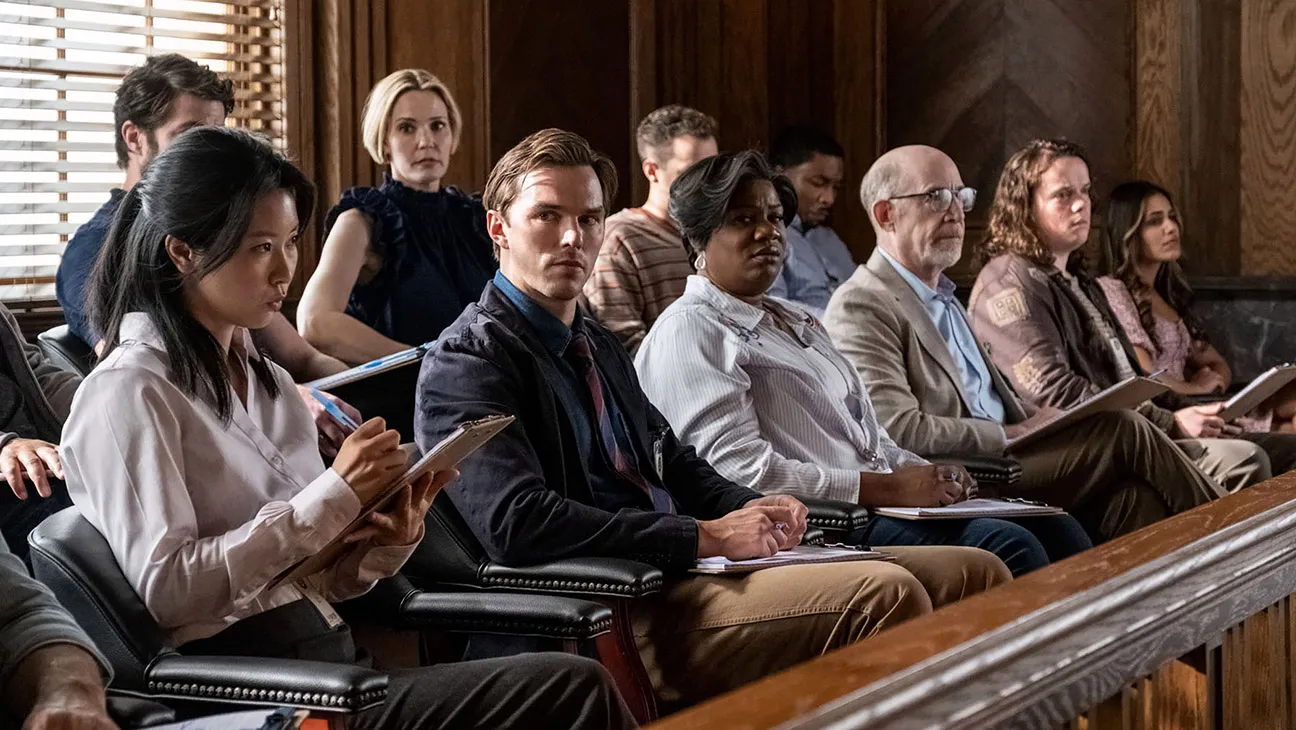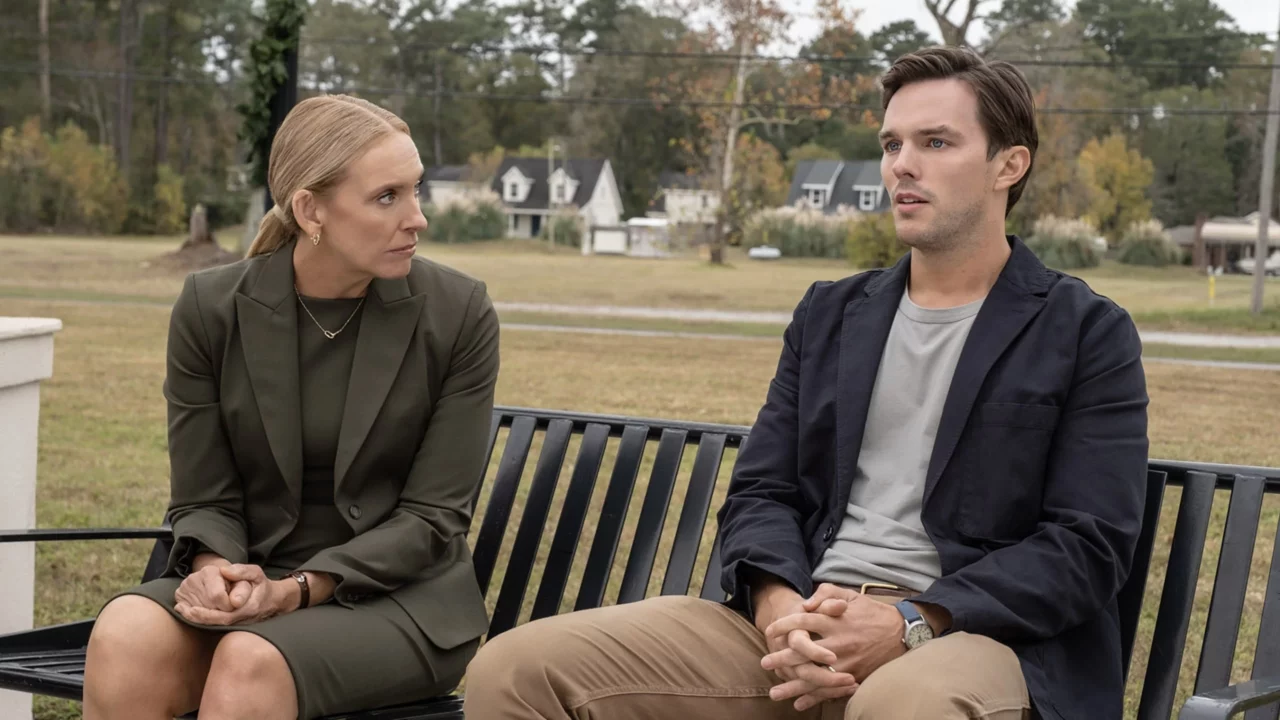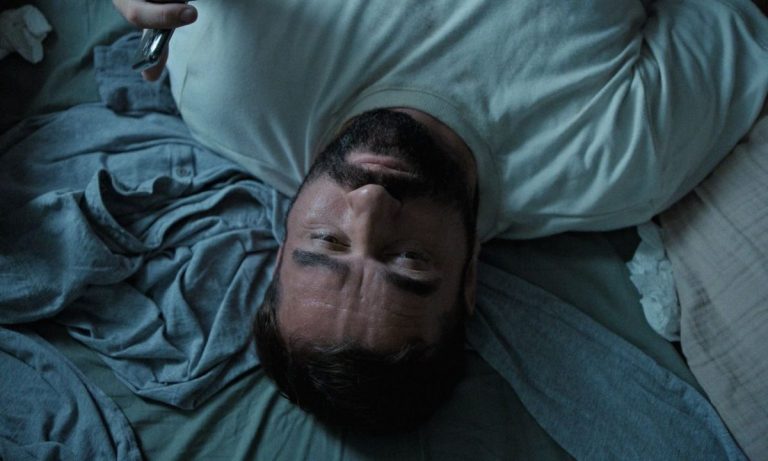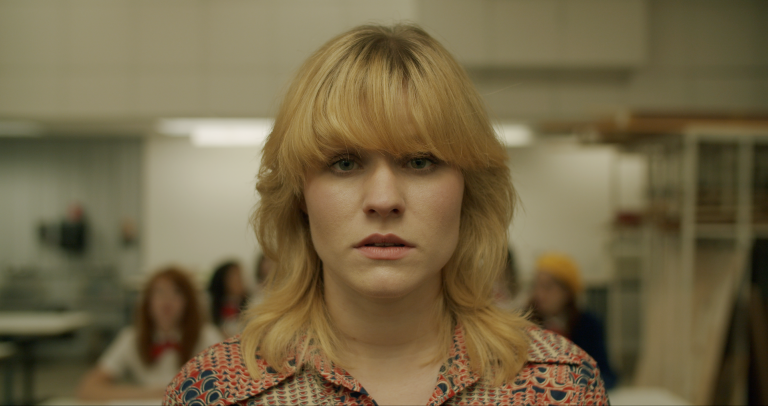We’re getting to a certain point in film history when the most significant voices that shaped the art form in the last century—those still among us, at least—have begun to look back on their oeuvres and styles with a certain reflective mood indicating an awareness (reluctant or not) of their particular positions in the twilight of their careers. Martin Scorsese, Steven Spielberg, and Paul Schrader—all filmmakers whose most recent works have demonstrated a willingness to look back on the moments they’ve helped to shape and wonder how much of it all was worthwhile. Then you have Clint Eastwood…
By far and away the oldest of the Hollywood old guard still blessing us with new works of art and entertainment (at the time of this writing, a fresh 94), Eastwood’s own auteurist path has led to a reliable steadiness that doesn’t nearly suggest the same sort of slowed, internalized pace as his contemporaries. Any Clint Eastwood film might be the last, but each one is directed as if he’s still got gas in the tank enough to keep pushing off that career-ending personal statement if ever he’d even wish to make such a thing. For the time being, we’ll still get films as sturdy in their vintage appeal as “Juror #2.”

If you were to seek out some sort of auteurist self-reflection in his latest courtroom drama, it would be difficult to assess what exactly Eastwood has in common with Justin Kemp (Nicholas Hoult) besides a draw towards the concept of justice and its greater implications when applied in practice. Recently appointed for jury duty in a high-profile murder case, Kemp has taken on the reluctant responsibility amidst the encroaching birth of his child by his loving wife, Ally (Zoey Deutch).
A recovering alcoholic well-acquainted with the notion of a second chance, Kemp finds himself forced to put that mindset to the test when he slowly realizes that the murder case for which he has been appointed as a deciding voice may have a far closer connection to his life than he realizes. It doesn’t take long for the opening arguments from both the court-appointed defense (Chris Messina) and the ambitious prosecutor (Toni Collette) to give Kemp the hint that he himself may have been the one to commit the murder for which another man is on trial.
Even if Kemp is forthright in his admittance of culpability, his AA sponsor and legal counsel (Keifer Sutherland) informs him that the best-case scenario with his drunken history behind the wheel is that he won’t be around for the first three decades of his unborn daughter’s life. From here, Jonathan Abrams’s cutting script does what any successful courtroom drama does: layers the facts and feelings in a heart-stopping fashion, made all the more tense when these conflicting ideas begin to overlap and the tension of the case begins to tighten as you sit helplessly and watch. For what it’s worth, this is something that “Juror #2” does with both confidence and consistency (only a single hilarious Google search in the final stretch of the film points to any obvious shortcomings that would put “Juror #2” outside the scope of a classic court thriller).
Of course, it would be presumptuous to say that the film’s reliance on Abrams’s script implies that Eastwood himself is completely invisible behind the camera, but his touches are generally restrained and complementary to the script, enough so that they only become “invisible” out of a sense of true synergy. David S. and Joel Cox’s parallel editing—through both the court case and the repeated flashback structure—is a prime example of the director guiding the pace and potentially cumbersome stacking of arguments in a way that makes it all go down with the strictest control of the audience’s engagement with the material.

In taking this approach, Eastwood naturally relies upon his performers to keep up with that pace and find the ideal balance between showiness and team-player discipline. This is what makes Hoult such a perfect vessel for the filmmaker’s long-standing tactics. Mistakenly pegged as a hunky leading man at the dawn of his adult career, Hoult’s late-2010s swerve into playing nutty oddballs in fanciful dress proved all the more suitable to his energetic character-actor tendencies. Still, in “Juror #2,” Hoult retains a firm everyman demeanor that garners ceaseless sympathy from the mere reddening of his cheeks and watering of the eyes. If justice is a blind statue, Hoult’s Kemp is a statue that can’t help but remove the blindfold if only to keep the horrified tears from flowing down his chiseled, quivering jaw.
Thematically, “Juror #2” isn’t really doing anything more dense than giving you a sympathetic protagonist in an unenviable position, forcing you to question their approach from a moral standpoint just as much as you find yourself utterly engaged with their methods and drawbacks. It’s an approach that has been done before, but Eastwood, ever the steady workman, knows enough to let Abrams’s structure and his actors’ tenacity do the talking while he sits back and, as he always has, makes sure everything runs like a well-oiled machine. The legal process may be imperfect, but Eastwood’s own has demonstrated a far greater success rate, and if he wants to keep proving himself capable of doing so well into his 90s, then the burden of proof is on the rest of us to show that he’s lost his touch.



![Ad Astra [2019] Review – An Exhilarating cinematic Experience](https://79468c92.delivery.rocketcdn.me/wp-content/uploads/2019/09/Ad-Astra-768x512.jpg)


![Phoenix [2018]: ‘TIFF’ Review — A Powerful and Moody Coming-of-Age Drama](https://79468c92.delivery.rocketcdn.me/wp-content/uploads/2018/09/Phoenix_1_TIFF_HOF-768x384.jpg)

![Money, Fascism, and Some Sort of Acid [2021] Review – An expertly mounted collage that looks at modern society’s shortcomings](https://79468c92.delivery.rocketcdn.me/wp-content/uploads/2021/12/Money-Fascism-and-Some-Sort-of-Acid.jpg)